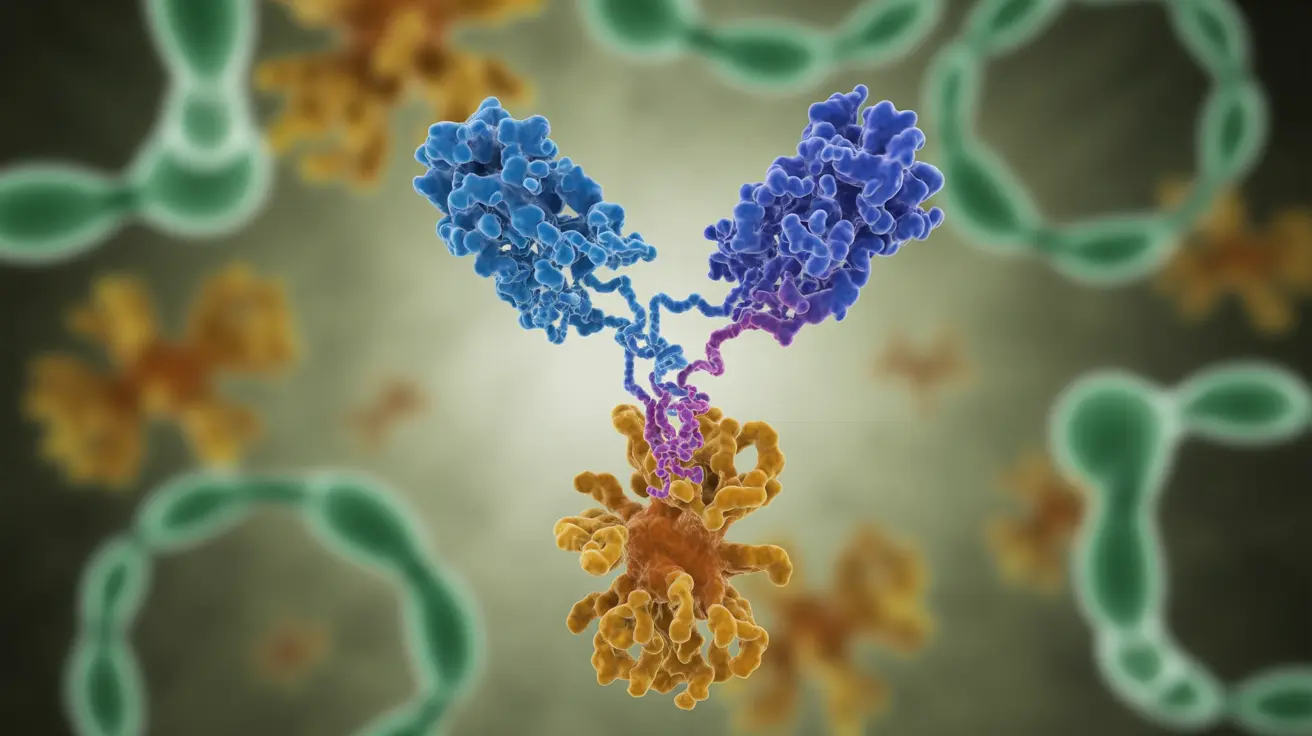The human immune system is a complex network of cells and proteins that work together to protect our bodies from harmful invaders. At the heart of this defense system lies the crucial interaction between antigens and antibodies. Understanding the difference between these two components is essential for comprehending how our immune system fights disease and how modern medical treatments work.
This comprehensive guide will explore the distinct roles of antigens and antibodies, their interaction in immune responses, and their importance in medical testing and vaccination.
What Are Antigens and Antibodies?
Antigens are substances that trigger an immune response in the body. These can be proteins, polysaccharides, or other molecules found on the surface of bacteria, viruses, or other harmful substances. When your body detects an antigen, it recognizes it as potentially dangerous and initiates an immune response.
Antibodies, on the other hand, are Y-shaped proteins produced by your immune system specifically to combat antigens. These specialized proteins are designed to recognize and bind to specific antigens, marking them for destruction by other immune system components.
The Immune System's Response Process
How Antibodies Recognize Antigens
When an antigen enters your body, specialized immune cells called B lymphocytes begin producing antibodies specifically designed to match that antigen's unique molecular structure. This process is similar to a lock-and-key mechanism, where each antibody is crafted to bind only to specific antigens.
The Role of Memory Cells
After your immune system encounters an antigen for the first time, it creates memory cells that remember how to produce the specific antibodies needed to fight that particular antigen. This is why you typically don't get certain diseases twice and why vaccines are effective at preventing future infections.
Types of Antigens and Their Impact on Health
Antigens come in several forms, each potentially affecting your health differently:
- Complete antigens (immunogens): Can trigger an immune response on their own
- Haptens: Small molecules that must attach to larger carriers to trigger an immune response
- Auto-antigens: Normal body components that trigger autoimmune responses
- Environmental antigens: Such as pollen, pet dander, or food proteins
Vaccines and Immune System Protection
Vaccines work by introducing harmless versions or parts of antigens into your body. This controlled exposure allows your immune system to develop antibodies without experiencing the full disease. When you encounter the actual pathogen later, your body already has the blueprint for creating the right antibodies quickly.
Medical Testing and Diagnostics
Understanding the difference between antigen and antibody tests is crucial for medical diagnosis:
- Antigen tests: Detect active infections by identifying viral or bacterial proteins
- Antibody tests: Show previous exposure to a pathogen by detecting specific antibodies in the blood
Frequently Asked Questions
What is the difference between an antigen and an antibody?
An antigen is a foreign substance that triggers an immune response, while an antibody is a protein produced by the immune system specifically to recognize and help eliminate that antigen. Antigens are the "invaders," and antibodies are the body's defensive response.
How do antibodies fight against antigens in the immune system?
Antibodies fight antigens by binding to them specifically, marking them for destruction by other immune cells. They can also neutralize antigens directly, prevent them from entering cells, or form clusters that are more easily eliminated by the immune system.
What are the main types of antigens and how do they affect health?
The main types include complete antigens (like bacterial proteins), haptens (small molecules), auto-antigens (body tissues in autoimmune conditions), and environmental antigens (allergens). Each type can trigger different immune responses and health effects, from mild allergies to severe autoimmune reactions.
How do vaccines use antigens and antibodies to protect against diseases?
Vaccines contain weakened or inactive antigens that stimulate the immune system to produce antibodies without causing disease. This creates immune memory, allowing for rapid antibody production if exposed to the actual pathogen later.
What is the difference between antigen tests and antibody tests for infections?
Antigen tests detect current infections by identifying specific viral or bacterial proteins present during active infection. Antibody tests detect past exposure by measuring the presence of antibodies your body produced in response to previous infection or vaccination.




